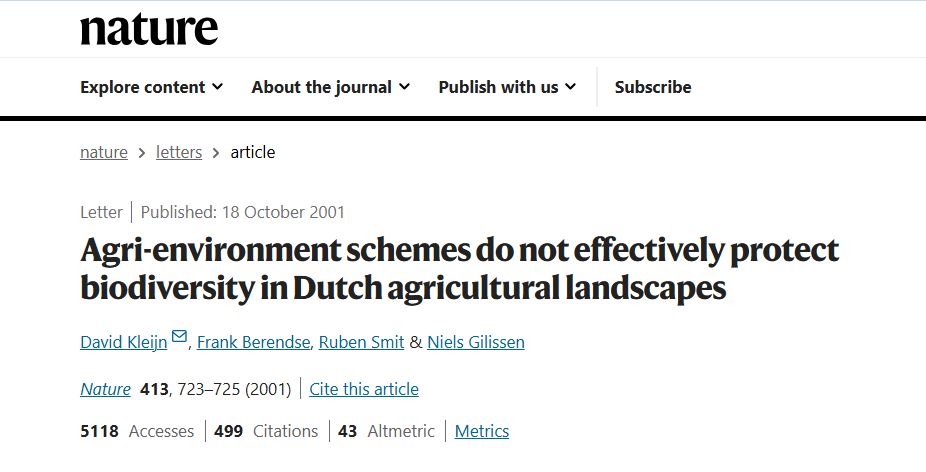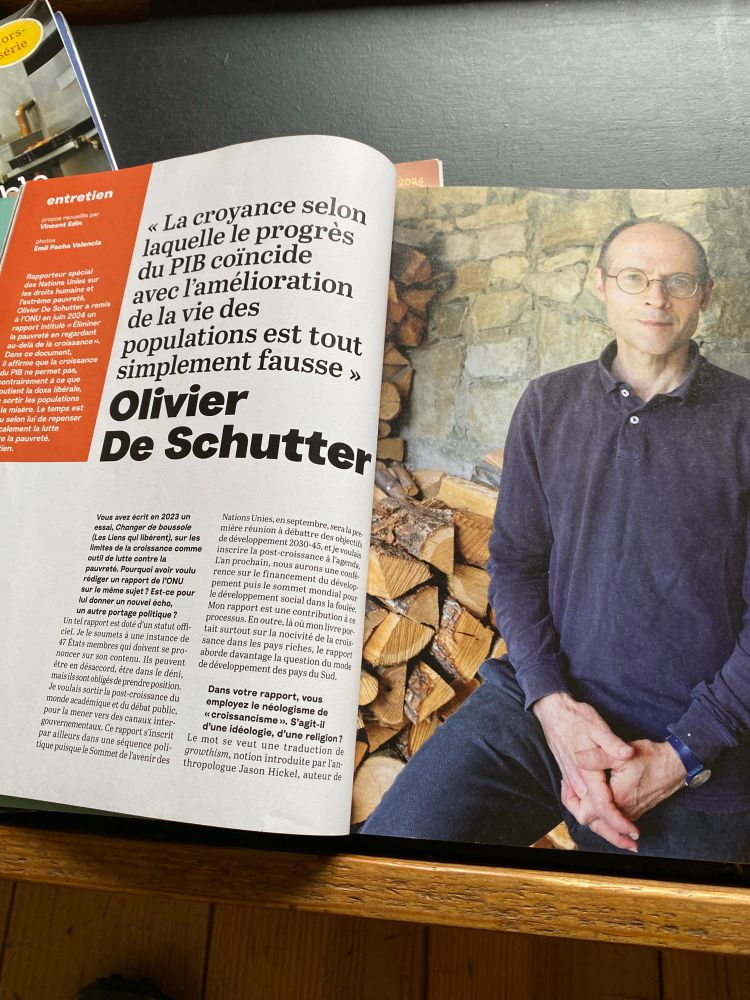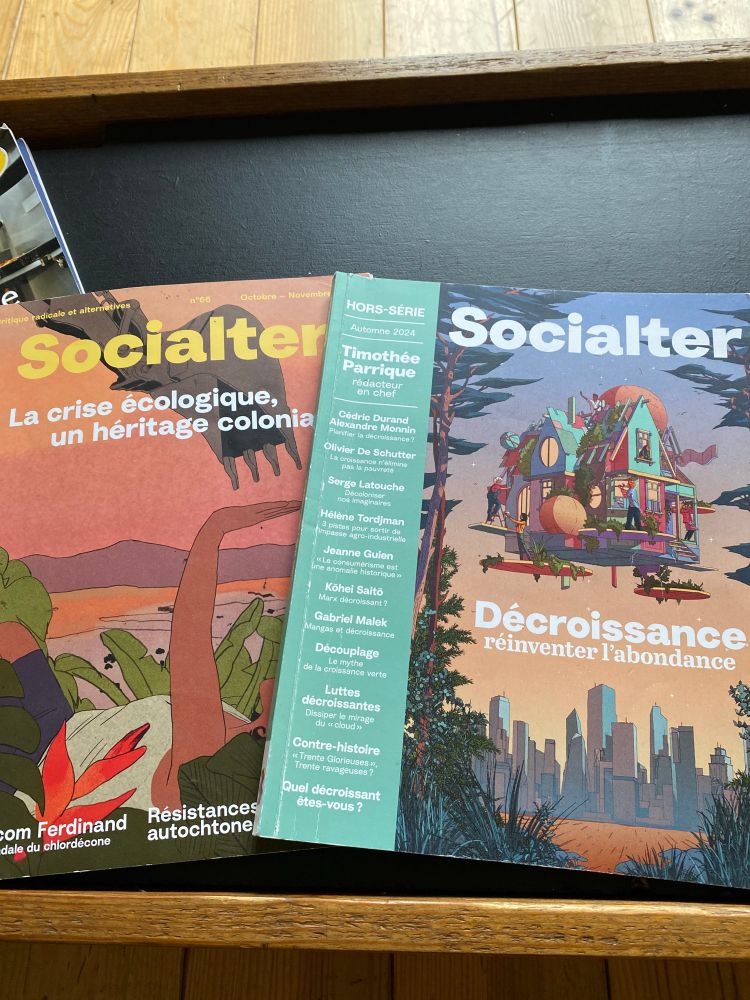by Olivier Honnay — Reposted by: Hans Henrik Bruun, Ben Bond‐Lamberty, Richard Betts
📅 Start date: no later than December 1st.
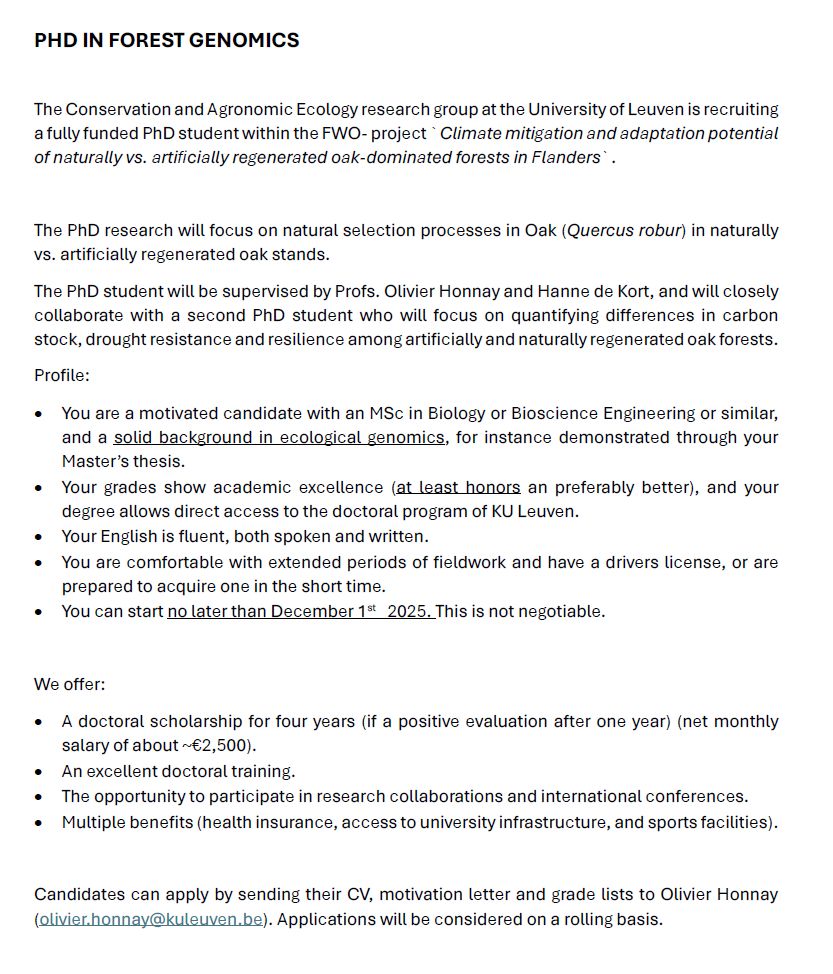
Reposted by: Olivier Honnay
Reposted by: Olivier Honnay
Long-term study finds "NP fertilization substantially augments both the quantity and stability of soil organic carbon stocks."
scienmag.com/long-term-n...

Reposted by: Olivier Honnay


1 Bruges hoet of wheat = 172 l ≈ 4.88 Winchester bushels.

Reposted by: Olivier Honnay

Reposted by: Olivier Honnay
2 of the top 3 are food related:
#1 - Haber & Bosch, for synthetic nitrogen (2.3 billion)
#3 - Norman Borlaug, for high-yield crops (245 million)
Data source:
www.scienceheroes.com

Reposted by: Olivier Honnay
www.odisee.be/lector-agro-...
Start: het nieuwe academiejaar
Solliciteren: asap!
Diverse opdracht, 50-100% ifv invulling.
Reposted by: Olivier Honnay
www.theguardian.com/environment/...
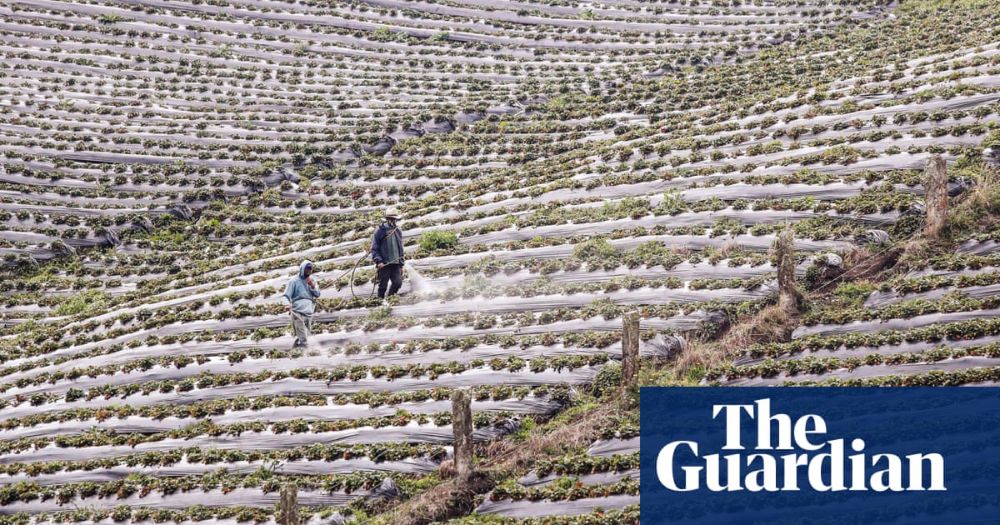
Reposted by: Olivier Honnay

Reposted by: Olivier Honnay
Land and labor are two of agriculture’s primary inputs. To build a food system that works for people and the planet, humanity needs to achieve high productivity in both of them.
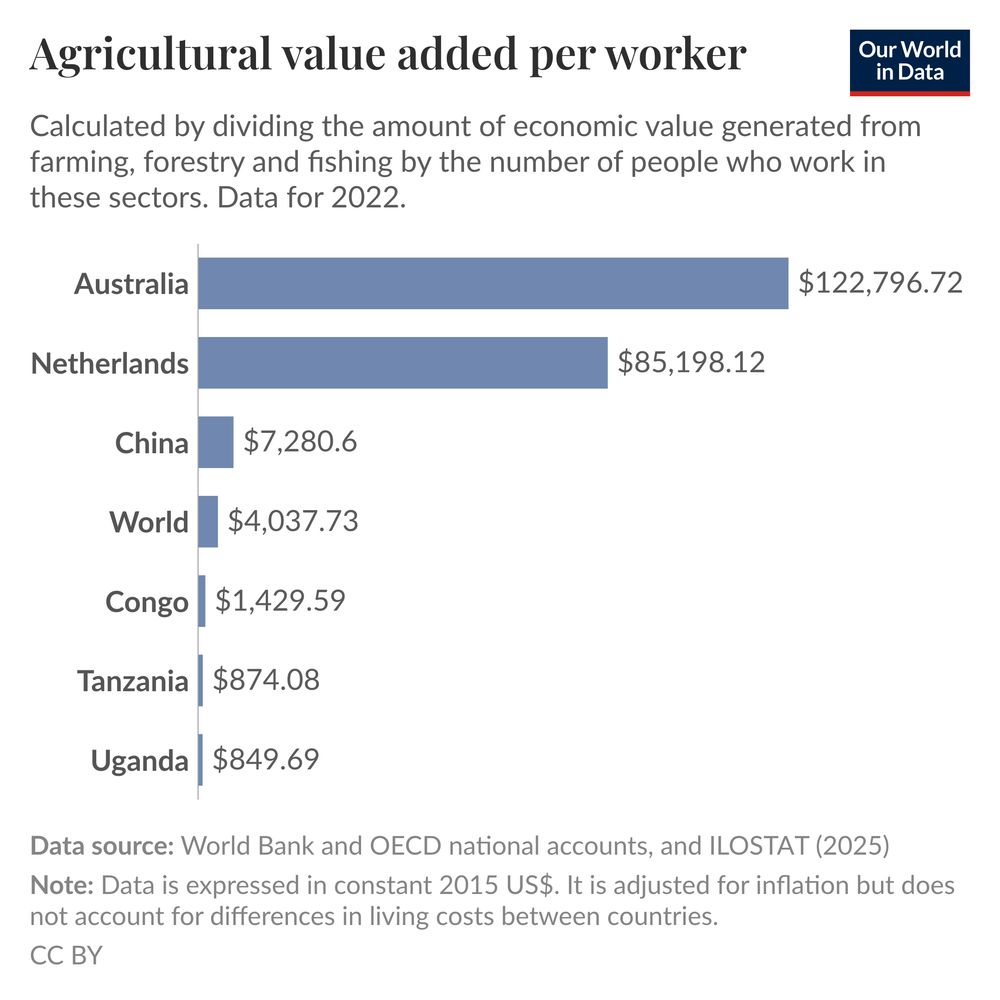
Reposted by: Olivier Honnay
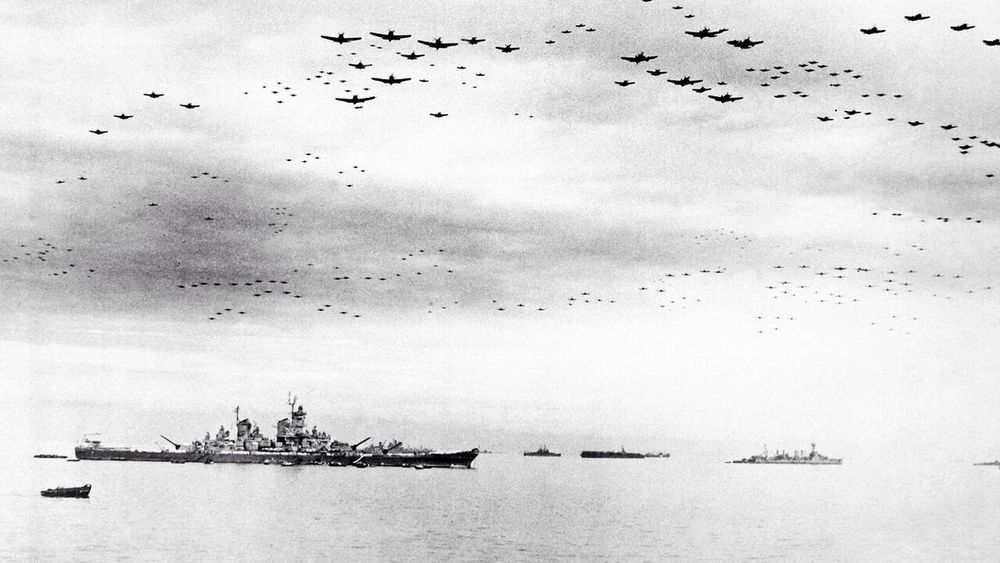
Reposted by: Olivier Honnay, Patrick Dunleavy
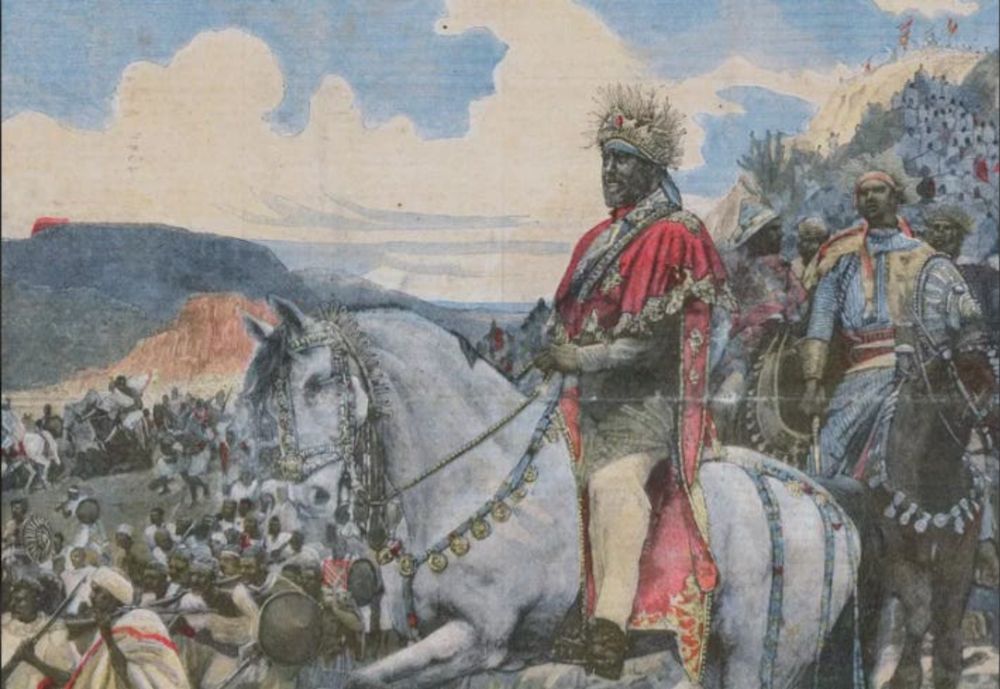
Not even close.
At their peak, wild ruminants incl. bison emitted ~15 Tg CH₄/yr
Today’s 4+ billion farmed ruminants emit over 100 Tg CH₄/yr
That’s nearly 7x more methane.
essd.copernicus.org/articles/17/...
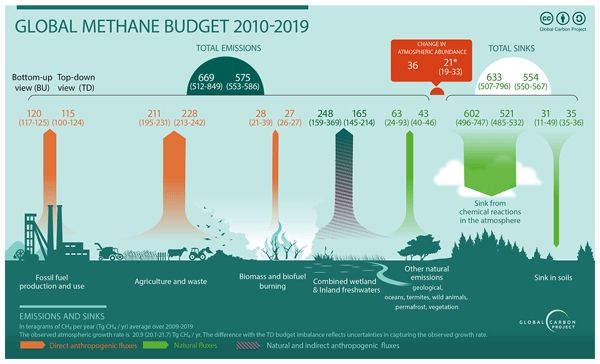
Reposted by: Olivier Honnay
https://go.nature.com/43HXMwE

Reposted by: Olivier Honnay


Reposted by: Olivier Honnay
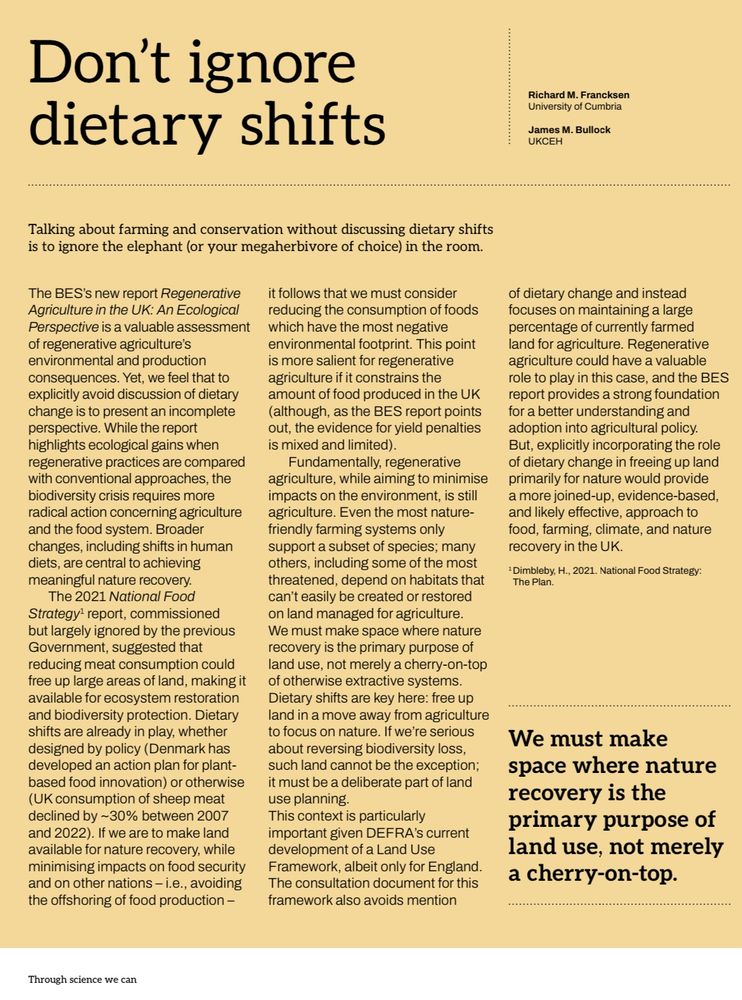
Reposted by: Olivier Honnay
Yes. But it's not going to happen without major dietary change.
Eg we can't have grass-fed beef (the most land-hungry of all products) and rewilding. In fact, it drives a massive de-wilding.
At this point, half the enthusiasts shuffle away.
Nitrogen does matter.
And orthodox agroecology will very likely not deliver the required productivity gains.
by Olivier Honnay — Reposted by: Rob Marchant
=> Would require *tripling* current annual yield increase to achieve cereal self-sufficiency.
=> Big differences between E & W Africa due to differences in nitrogen fertilization regime.
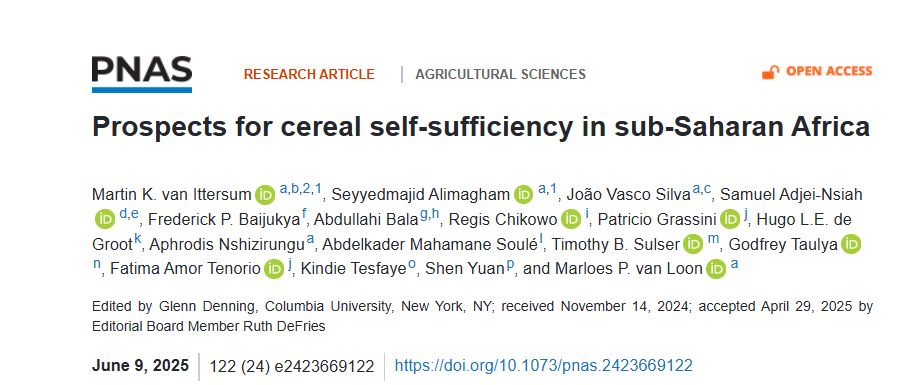
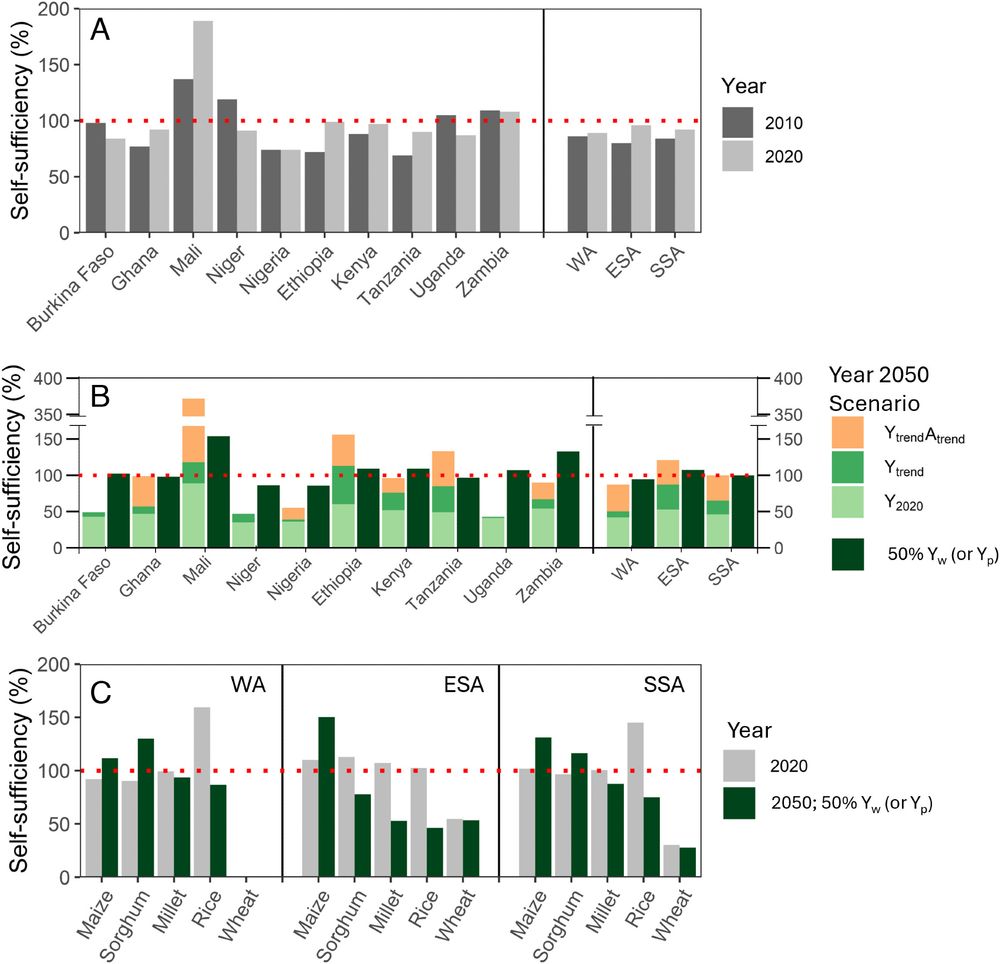
Reposted by: Olivier Honnay, Halley E. Froehlich
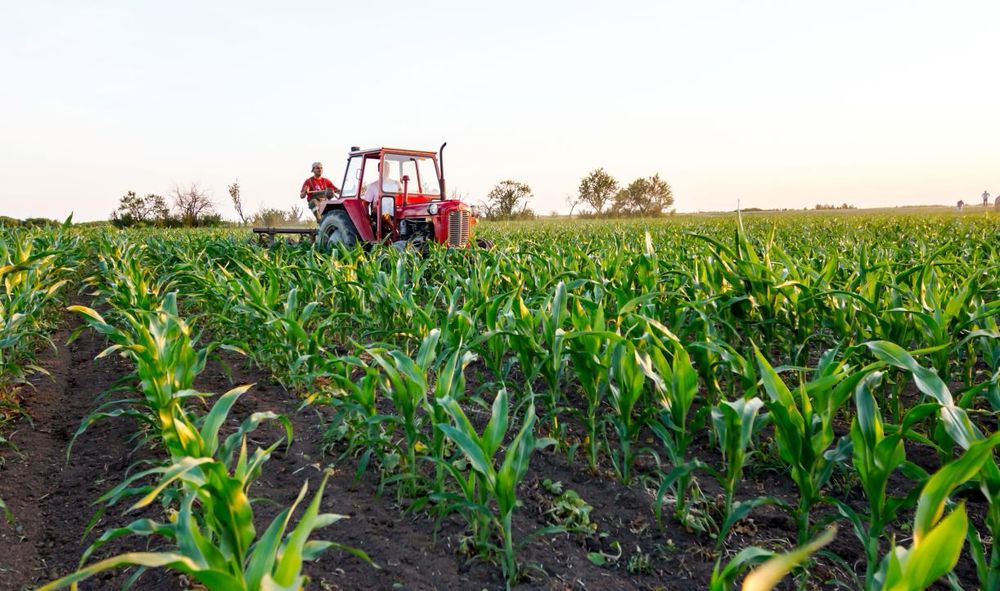
Reposted by: Olivier Honnay
zslpublications.onlinelibrary.wiley.com/doi/10.1111/...
De consequenties worden vandaag op dramatische wijze zichtbaar.
